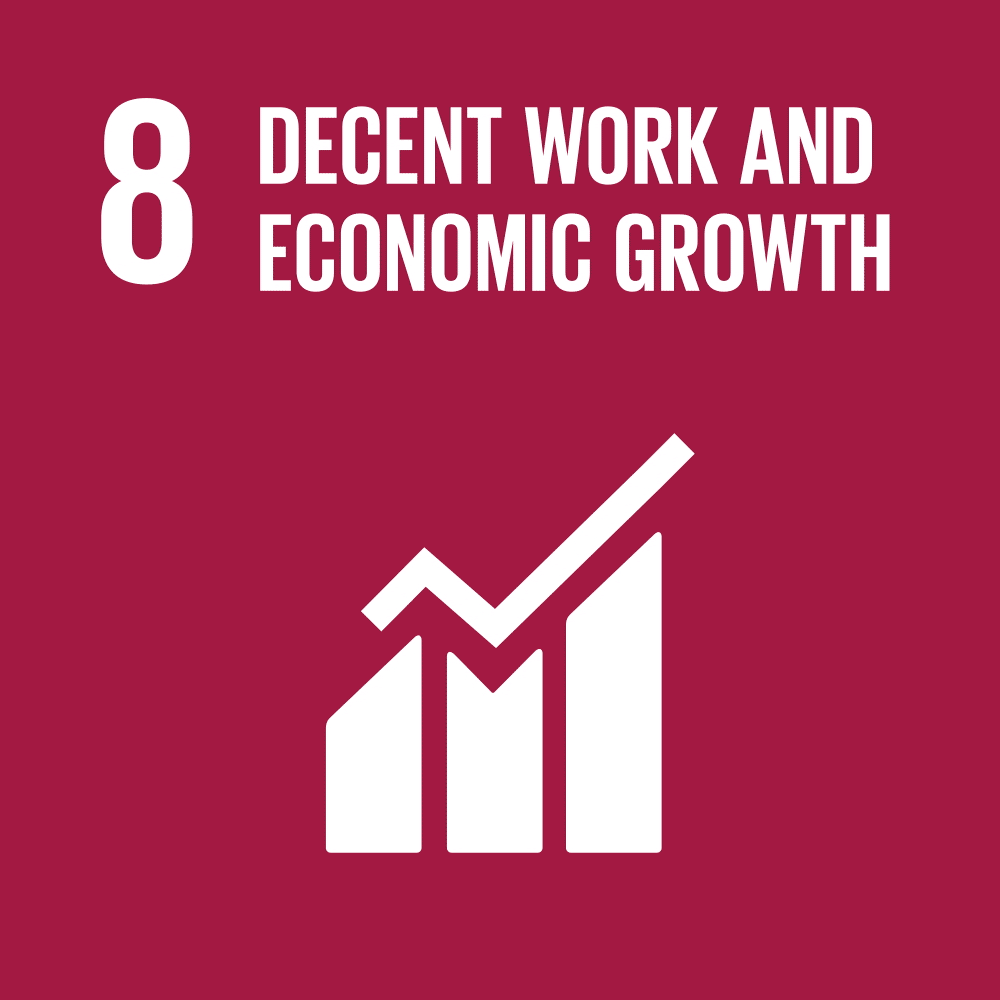+2348034099810 | dvcrti@unilorin.edu.ng dcredit@unilorin.edu.ng
Email: pmsdg@unilorin.edu.ng

AJALA, MICHAEL OLUJIDE 00/68CQ004
A HISTORY OF YOUTH EMPOWERMENT AND NATIONAL INTEGRATION IN NIGERIA, 1967-2015
May 2023
The integration project of the British colonialists in Nigeria between 1914 and 1960 was seriously threatened and shaken to its foundation during the Nigerian Civil War, 1967-1970. The consequences became a serious challenge to successive governments in Nigeria. The situation necessitated deliberate short and long-term efforts by successive governments to rebuild and make Nigeria one through integrative programmes straddled on educational, economic, sports and cultural systems of the nation. These programmes were interrupted by the global economic meltdown leading to massive youth unemployment which complicated the challenge of national unity. The efforts of successive governments in this direction have not been aptly historicised and linked to the global discourses on integration. This study, therefore, aimed at historicising Youth Empowerment and National Integration in Nigeria from 1967-2015. The objectives of this study were to (i) historicize the emergence of youth under/unemployment in Nigeria; (ii) explore the roles of the military and civilian governments in national integration and youth empowerment; (iii) assess the effectiveness of the youth empowerment and national integration programmes; and (iv) evaluate the challenges and prospects associated with the institutions and agencies.
This study adopted the historical method using qualitative and quantitative approaches. The population of the research included the National Orientation Agency (NOA), National Youth Service Corps (NYSC), National Directorate of Employment (NDE), Federal Ministry of Education (FME) and Federal Ministry of Labour (FML). The key authorities, both serving and retired and the youth beneficiaries of their programmes were purposively sampled for the Key Informant Interview (KII). Documents on their activities were used to supplement information from oral and secondary sources. Data were analysed using content analysis.
The findings of the study were:
i. Youth under/unemployment in Nigeria stemmed from uncontrolled birth, a large number of out-of-school children, inadequate educational facilities, obsolete curriculum contents which made educated youth unemployable, global economic meltdown, bribery and corruption, among others;
ii. both the Military and Civilian governments made frantic efforts at addressing the challenges of national integration and youth unemployment through special programmes and schemes such as the one-year mandatory youth service, Unity schools, Sure-P, NAPEP, etc.;
iii. the schemes targeted at national integration and youth empowerment in Nigeria recorded some achievements as many youths are productively engaged thereby stemming separatist attitudes in them; and
iv. the programmes proved to be strategic in the advancement of youth empowerment and national integration but were generally bugged down with corruption, nebulous red tape and a de-motivational social environment.
The study concluded that despite the challenges, numerous achievements were made by the agencies and institutions through their programmes. The study recommended that an all-inclusive approach should be evolved where all sectors will work towards national integration and effective youth empowerment. There should be transparency in the operations of assigned agencies; adequate funding; and capacity building to address the observed challenges. If this is done, much-needed peace in Nigeria will be achieved.
AN APPRAISAL OF FEDERAL GOVERNMENT’S INTERVENTION IN THE MICRO-FINANCING OF SMALL AND MEDIUM SCALE ENTERPRISES IN NIGERIA, 2010-2015
BELLO, CHARLES KOLAWOLE
MARCH, 2023
In recent times, Small and Medium Scale Enterprises (SMEs) have become an important tool for government intervention in improving the economy. In response to the global challenges of financial institutions’ inability and unwillingness to create access to finance for (SMEs), successive governments in Nigeria since the return to democratic rule in 1999 embraced a national microfinance policy, supervisory and regulatory framework as an alternative market-based intervention programme. Despite the intervention, access to finance still remains a major challenge of SMEs which is consequently fueling high poverty and unemployment rates in Nigeria. This study, therefore, appraised the federal government’s intervention in the micro-financing of SMEs in Nigeria. The objectives of the study were to: (i). examine the nature of the federal government’s intervention in the micro-financing of SMEs in Nigeria between 2010 and 2015; (ii). assess the level of effectiveness of the federal government’s intervention in the micro-financing of SMEs between 2010 and 2015; and (iii). evaluate the challenges of the federal government’s intervention in micro-financing of the SMEs between 2010 and 2015.
The study adopted a mixed-method research design. The method helped to provide a better description and in-depth findings. Primary data collected through Key Informant Interviews (KIIs) and Focus Group Discussions (FGDs) were used to complement Secondary data. The Secondary data were sourced from official documents while a total population of 50 participants were purposively selected for the KIIs and FGDs. The adequacy of the instruments was validated through content test at 0.5 level of significant. The data were analyzed with descriptive statistics (percentage) and content analysis methods.
The findings of the study were that:
The study concluded that despite the increase in government’s funding of SMEs, the economic challenges of high poverty rate, unemployment and economic inequality still persist in the country. Therefore, the study recommended more innovative political and market-based interventions that better inspire the inclusiveness of microfinance institutions, SMEs and the general interest of economically active poor/youth, women and other vulnerable classes that suffers the greatest burden of poverty, inequality, unemployment and governance failure ravaging the country.